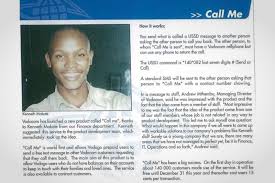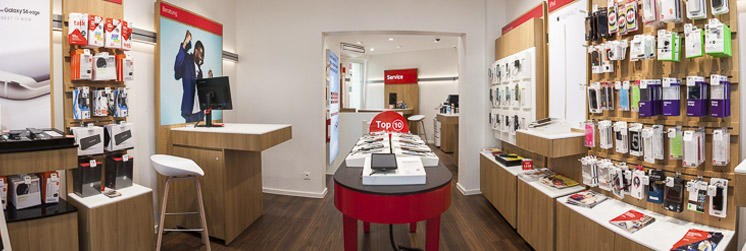Introduction
The ‘Please Call Me’ service, launched by Vodacom in 2001, stands as a hallmark of innovation in the South African telecommunications market. This service allows pre-paid users, who may not have enough airtime to make a call, to send a message requesting someone to return their call. Its importance extends beyond mere convenience; it has become a lifeline for millions who rely on it for vital communication, especially in low-income settings where access to mobile services can be limited.
Overview of the Service
The ‘Please Call Me’ service functions by allowing users to send a message for free to another Vodacom subscriber requesting a callback. This simple yet effective solution has resonated with South Africans, making it immensely popular. As of the latest reports, Vodacom has sent over 15 billion ‘Please Call Me’ messages since its inception. This statistic underscores its relevance in daily communications for individuals who may face financial constraints.
Recent Developments
In recent years, Vodacom has taken steps to enhance the ‘Please Call Me’ service amid growing competition from other telecommunications providers and advancements in mobile technology. In 2023, Vodacom announced an update to streamline the service, making it more user-friendly and accessible. Additional features include eligibility for bulk requests, which allows users to send multiple request messages in one transaction, tailoring the service to the growing connectivity needs of the population.
Challenges and Considerations
While the ‘Please Call Me’ service has enjoyed popularity, it has not been free of challenges. In September 2023, Vodacom faced scrutiny over concerns regarding the misuse of the service for spamming. The network provider has since emphasized its commitment to preventing abuse and ensuring that the service remains beneficial for genuine users. Increased regulation and monitoring have been suggested as potential actions to safeguard the integrity of the platform.
Conclusion
The ‘Please Call Me’ feature is more than just a telecommunications tool; it represents a cultural phenomenon in South Africa, indicative of the nuanced communication needs shaped by socioeconomic contexts. Going forward, Vodacom’s ongoing investment in this feature demonstrates its responsiveness to user needs and its commitment to remain a leader in the telecommunications industry. Revising and improving this service will ensure it continues to bridge communication gaps among those who rely on it, reinforcing Vodacom’s role as an essential service provider in the nation.


